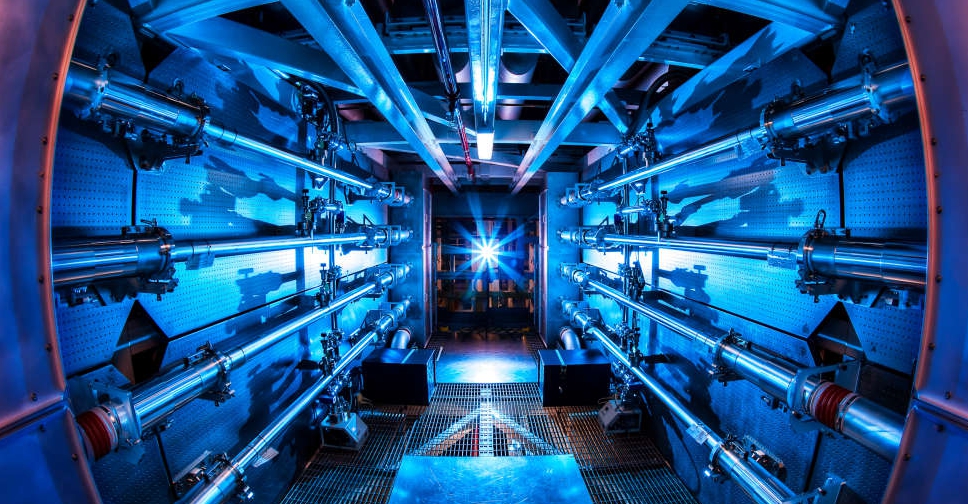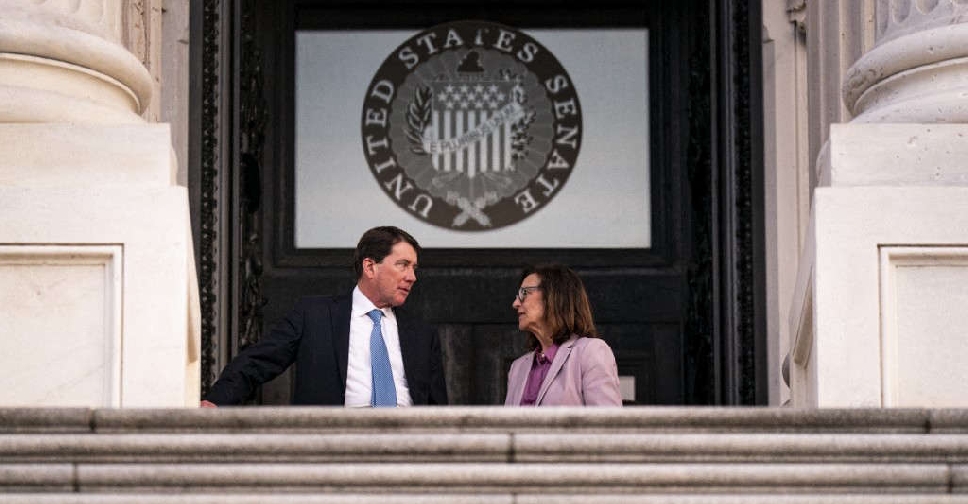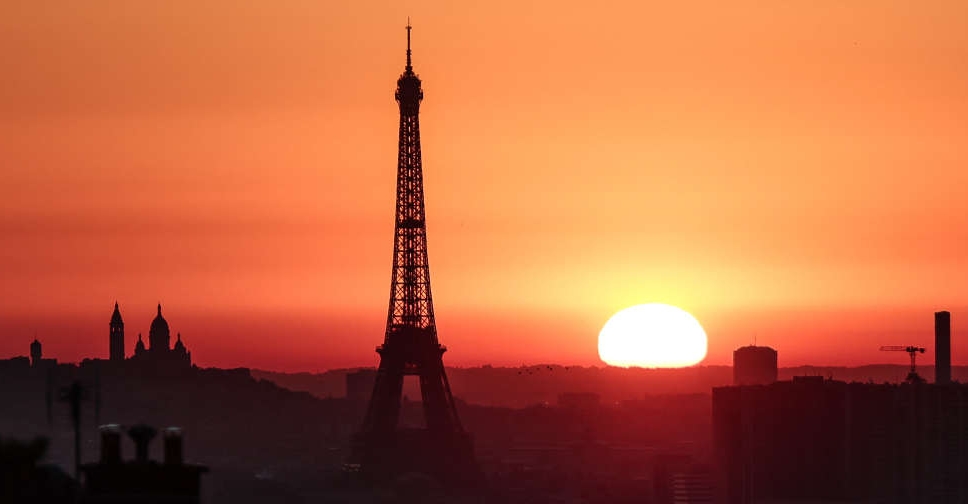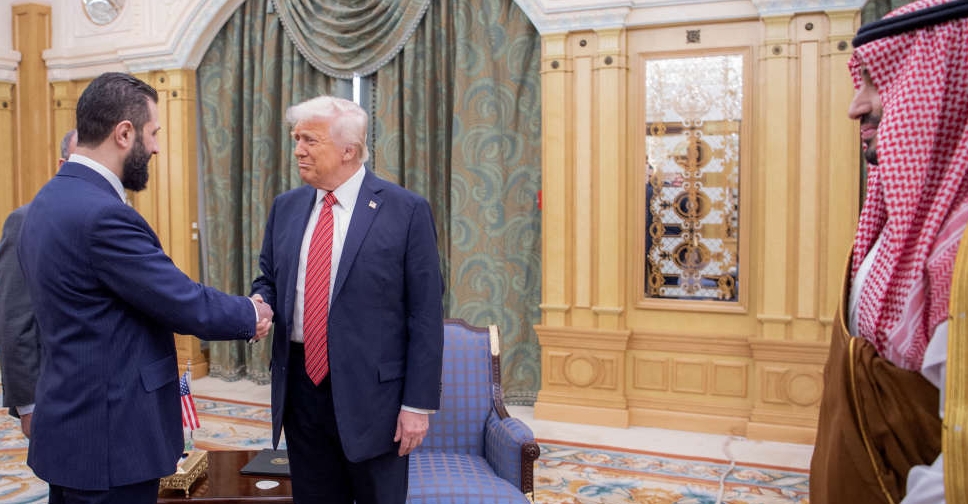
U.S. scientists on Tuesday revealed a breakthrough on fusion energy that could one day help curb climate change if companies can scale up the technology to a commercial level in the coming decades.
Scientists at the Lawrence Livermore National Lab in California on Dec. 5 for the first time briefly achieved a net energy gain in a fusion experiment using lasers, the U.S. Energy Department said. The scientists focused a laser on a target of fuel to fuse two light atoms into a denser one, releasing the energy.
Kimberly Budil, the director of Lawrence Livermore, told reporters at an Energy Department event that science and technology hurdles mean commercialization is probably not five or six decades away, but sooner. "With concerted effort and investment, a few decades of research on the underlying technologies could put us in a position to build a power plant," Budil said.
Scientists have known for about a century that fusion powers the sun and have pursued developing fusion on Earth for decades.
The experiment briefly achieved what's known as fusion ignition by generating 3.15 megajoules of energy output after the laser delivered 2.05 megajoules to the target, the Energy Department said.
Arati Prabhakar, director of the White House Office of Sciences and Technology Policy, who heard about fusion at Livermore when she worked there briefly in 1978 as a teenager, said the experiment represents a "tremendous example of what perseverance can achieve."
Nuclear scientists outside the lab said the achievement will be a major stepping stone, but there is much more science to be done before fusion becomes commercially viable.
Tony Roulstone, a nuclear energy expert at the University of Cambridge, estimated that the energy output of the experiment was only 0.5% of the energy that was needed to fire the lasers in the first place.
"Therefore, we can say that this result ... is a success of the science – but still a long way from providing useful, abundant, clean energy," Roulstone said. In order to become commercial, a power plant would have to produce enough energy to power the lasers and to achieve ignition continuously.
"This is one igniting capsule (of fuel) one time," Budil said about the experiment. To realize commercial fusion energy you have to ... be able to produce many, many fusion ignition events per minute."
The electricity industry cautiously welcomed the step, though emphasized that in order to carry out the energy transition, fusion should not slow down efforts on building out other alternatives like solar and wind power, battery storage and nuclear fission.
"It's the first step that says 'Yes, this is not just fantasy, this can be done, in theory,'" said Andrew Sowder, a senior technology executive at EPRI, a nonprofit energy research and development group.
Debra Callahan, who worked at Lawrence Livermore until late this year and is now a senior scientist at Focused Energy, said the lab's results will help companies figure out how to make lasers more efficient. "Everyone is excited about what's been achieved and what's in the future."
Focused Energy is one of dozens of companies working to commercialize fusion energy that have raised about $5 billion in private and government funding, with more than $2.8 billion coming in the 12 months before June of this year, according to the Fusion Industry Association. Several, including Commonwealth Fusion Systems, seek to use powerful magnets instead of lasers.



 US Senate passes Trump's tax-cut, spending bill; sends to House
US Senate passes Trump's tax-cut, spending bill; sends to House
 France shuts schools as heatwave grips Europe
France shuts schools as heatwave grips Europe
 Blow for Thailand's government as court suspends PM from duty
Blow for Thailand's government as court suspends PM from duty
 Trump signs order lifting sanctions on Syria, White House says
Trump signs order lifting sanctions on Syria, White House says



